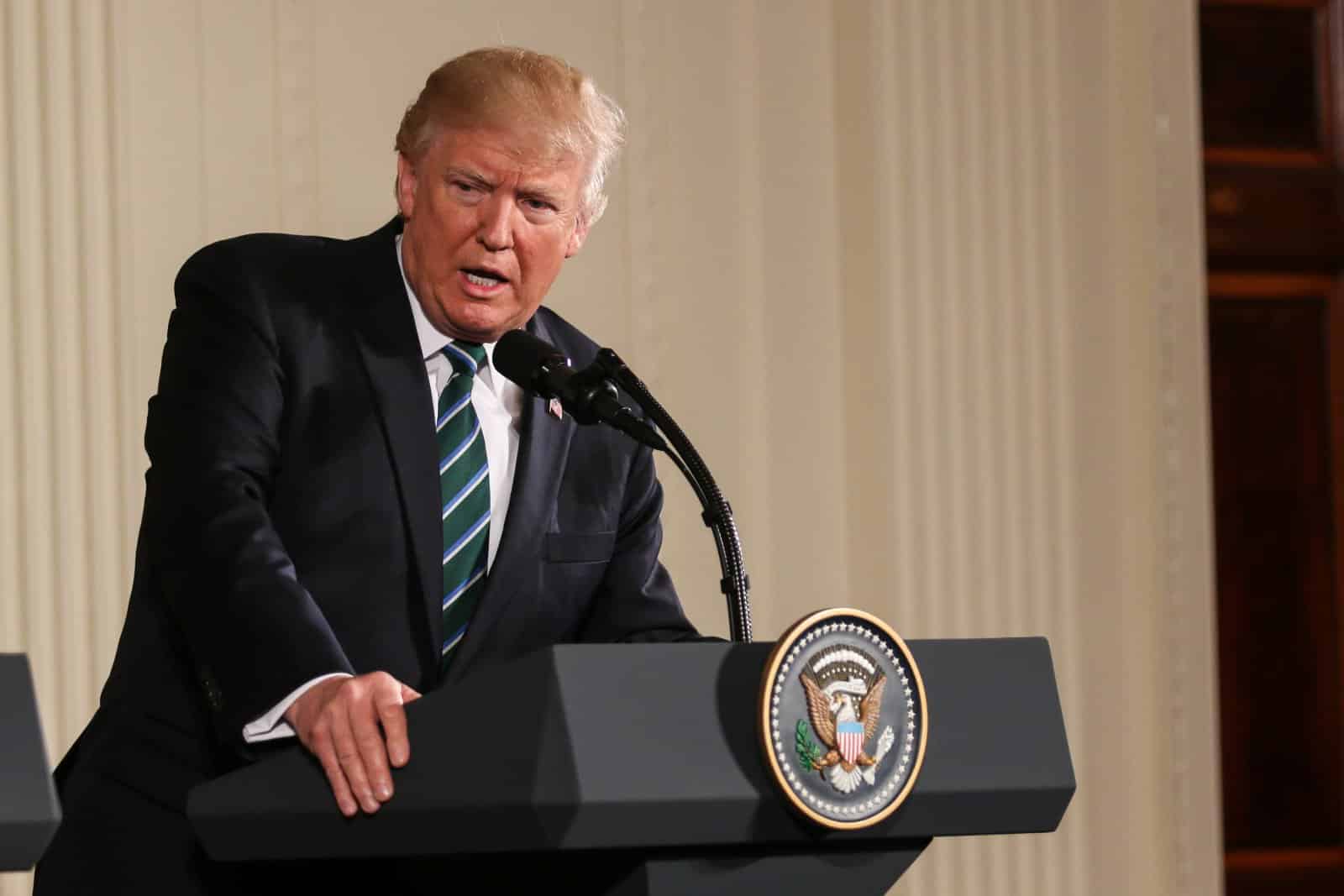In a bid to curb corporate excess and profiteering, Senator Bernie Sanders, joined by Senators Elizabeth Warren, Ed Markey, and Chris Van Hollen, along with Representatives Barbara Lee and Rashida Tlaib, unveiled the Tax Excessive CEO Pay Act.
The Tax Excessive CEO Pay Act

The legislation aims to confront corporate greed head-on by imposing tax rate increases on companies that pay their top executives at least 50 times more than the average worker. This initiative comes in response to the widespread discontent among Americans across political parties who are appalled by the huge contrast in the pay of a CEO compared to a worker.
Oligarchic Form of Society

Senator Sanders expressed the sentiment shared by many: “The American people understand that today we are moving toward an oligarchic form of society where the very rich are doing phenomenally well while working families continue to struggle.”
Corporate Tax Fairness and Employee Equity

The proposed legislation seeks to address this growing concern by demanding large, profitable corporations pay their fair share of taxes and ensure equitable treatment of their employees.
National Outcry and Bipartisan Support

A nationwide survey recently revealed that a substantial majority of Americans, both Republicans and Democrats, favor capping CEO pay relative to worker pay. The typical American, according to the survey, would limit CEO pay to a maximum of six times that of the average worker. The Tax Excessive CEO Pay Act reflects the growing bipartisan consensus that action must be taken to curb the widening wealth gap.
Corporate Greed and Wealth Inequality

Senator Markey emphasized the urgency of reining in “millionaire and billionaire CEOs” and putting an end to corporate greed. He alleges that the proposed legislation aims to “put an end to corporate greed, close the income gap, and ensure that the wealthiest members of society pay their fair share.”
Legislation Highlights and Potential Impact

The Tax Excessive CEO Pay Act introduces a tiered system of tax penalties based on the CEO-to-median worker ratio. Companies paying executives between 50 and 100 times more than their typical workers would face initial penalties of 0.5%. The most substantial penalty would be reserved for companies with CEO-worker pay ratios exceeding 500 to 1.
Potential Financial Impact

These rates could generate approximately $150 billion over a decade if enacted. Corporations such as Walmart, Google, Home Depot, JPMorgan Chase, Nike, and McDonald’s would have incurred significant additional taxes in 2022 had the legislation been in effect. The potential impact is evident in the figures, with Walmart alone facing up to $754 million more in taxes.
Avoiding Additional Taxes

The Tax Excessive CEO Pay Act offers companies a path to avoid additional taxes by increasing median worker pay to $60,000 and reducing CEO compensation to $3 million. This provision aligns with the legislation’s broader goal of promoting fair compensation practices.
CEO Pay Disparities: A Call for Reform

In a press release from Bernie Sanders camp, attention was drawn to the disparities between CEO and worker pay. They allege that in 2022, CEOs at major corporations earned exorbitant salaries, with figures reaching 933 times more than the median worker’s pay at Walmart and 975 times more at Nike.
Urgent Call for Reform

They go on to say that such vast income gaps highlight the pressing need for reform to address the increasing divide between executive and employee compensation.
Pay Dynamics Across The Years

The press release also highlights the historical shift in CEO pay dynamics. In the 1970s, successful U.S. corporations paid CEOs about 20 to 30 times the average pay of their middle-class workers.
Disparities in CEO Compensation

Fast forward to the present day, and CEOs at the largest 350 publicly-owned firms make approximately 344 times the average pay of a typical worker, according to research by the Economic Policy Institute.
Comprehensive Approach and Broad Endorsement

Beyond addressing CEO-worker pay ratios, the Tax Excessive CEO Pay Act tackles potential tax avoidance strategies by requiring the Treasury Department to issue regulations. The bill also mandates the disclosure of pay-ratio data for privately held corporations, enhancing transparency in compensation practices.
Unifying Forces

Endorsed by a coalition of organizations, including AFL-CIO, AFSCME, Public Citizen, and SEIU, the legislation has garnered support from a diverse range of groups advocating for workers’ rights and economic justice.
Turning Point for Economic Fairness

As the Tax Excessive CEO Pay Act takes center stage, it signals a critical juncture in the ongoing dialogue about economic fairness and corporate responsibility. With bipartisan backing and a groundswell of public support, the legislation may reshape the landscape of executive compensation and create a more equitable future for American workers.
Biden’s New 401(k) Rule: Employers Frustrated as Retirement Planning Responsibilities Shift

The latest Biden administration rule on 401(k) plans is reshaping how employers manage retirement plans. It’s a complex scenario requiring a fresh understanding of fiduciary duties and provider relationships. This rule aims to protect employees but also imposes new responsibilities on employers. Biden’s New 401(k) Rule: Employers Frustrated as Retirement Planning Responsibilities Shift
Elon Musk: New Immigration Bill ‘Enables Illegals to Vote’

Elon Musk is calling for prosecutions after the text for a new senate bill on immigration was released. Musk accused the new bill of “enabling illegals to vote.” Elon Musk: New Immigration Bill ‘Enables Illegals to Vote’
Colorado Officials Reject Sanctuary City Status, Warn Against ‘Dangerous Game’

With increasing numbers of migrants arriving in Colorado, public officials have rejected any notion of the state becoming a sanctuary for migrants and asylum seekers. Colorado Officials Reject Sanctuary City Status, Warn Against ‘Dangerous Game’
Disney Challenges DeSantis’ “Don’t Say Gay” Rule With a Hefty Lawsuit

Disney is set to appeal its refusal for a lawsuit against Ron DeSantis, who stripped the company of its rights for disagreeing with the Governor’s views on the teaching of sexual orientation in classrooms. Disney Challenges DeSantis’ “Don’t Say Gay” Rule With a Hefty Lawsuit
Trump on the Attack as 21 Million Americans Flock to Obamacare, Biden Pushes Forward

An unprecedented surge in health plan enrollments has reignited former President Donald Trump’s commitment to dismantling the program should he secure the GOP nomination once again. Trump on the Attack as 21 Million Americans Flock to Obamacare, Biden Pushes Forward
The post CEO Pay Under Fire: Sanders’ Tax Plan Set to Shake Up Corporate Landscape first appeared on From Frugal to Free.
Featured Image Credit: Shutterstock / metamorworks.
The content of this article is for informational purposes only and does not constitute or replace professional financial advice.
